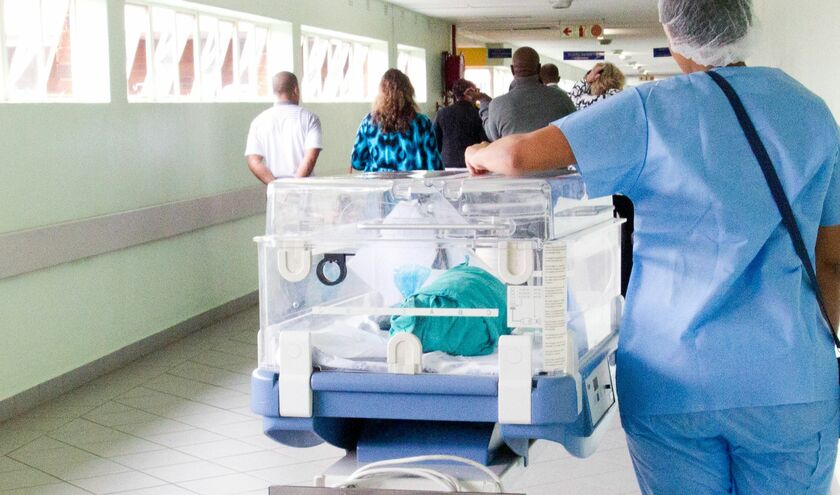The letter from NHS chiefs sets out how to ensure all services work together to ensure patients are cared for in the safest possible place and treated as quickly as possible.
Sarah-Jane Marsh, national director of urgent and emergency care and deputy chief operating officer for NHS England, said: ‘This plan is crucial in setting out the further action we must take to manage the needs of our population, while also working towards cutting waiting times at A&E and ensuring the privacy and dignity of those who have to wait the longest.'
Advice includes having front door assessments for patients to ensure they are signposted to the right place for their needs, including dedicated falls services for older people, as well as regular board and ward rounds throughout the day, and timely discharge for patients who are medically fit to leave hospital.
NHS trusts have been asked to focus on patient safety and experience, maintaining consistent high standards of care and only using temporary escalation spaces in periods of elevated pressure and always escalated to an appropriate member of their board.
Measures also include ensuring community care can be provided for those with complex needs, mental health issues or frail older people, avoiding the need for a hospital admission, including ensuring all areas of the country have mental health response vehicles available for use and on the road ahead of the winter months.
Weekly data to track demand, capacity, and performance will be expanded to cover the number of mental health patients in acute hospital beds, along with community care and NHS 111.
National leaders will step up oversight and support to trusts with clinical and operational experts being deployed directly into systems that are not meeting targets during the winter period.
NHS England will be carrying out reviews of each of the 42 integrated care systems to support them to deliver the actions necessary to cut waiting times and improve patient safety and experience.



